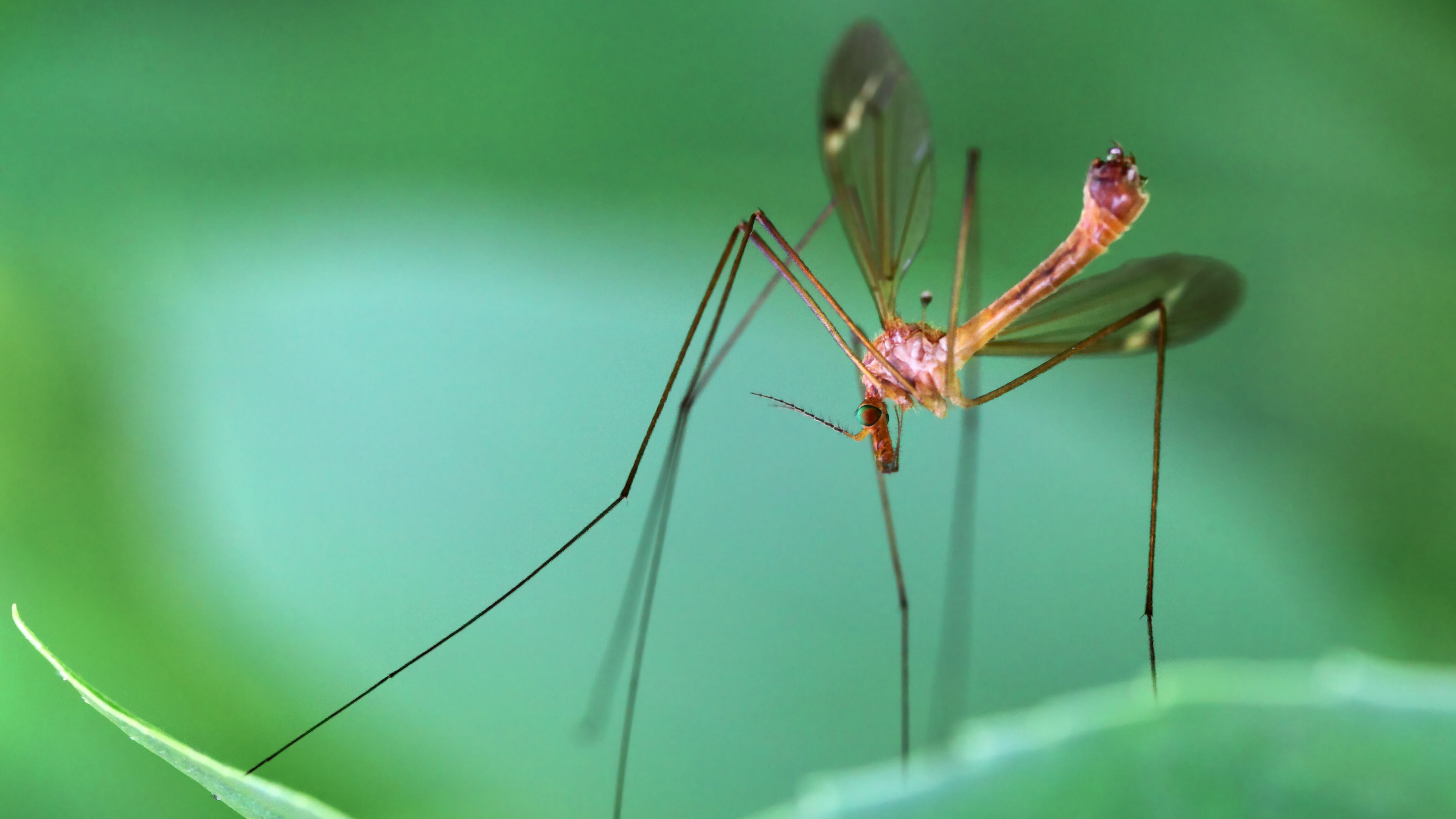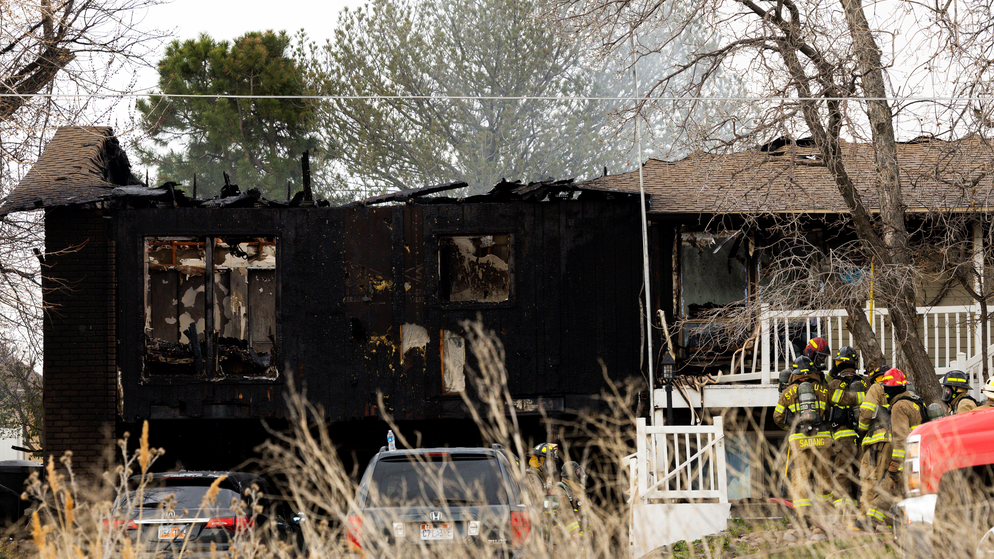West Nile virus detected in Syracuse, Davis County
Jul 17, 2023, 10:00 AM | Updated: Jul 20, 2023, 9:07 am

Photo courtesy of Getty Images
CLEARFIELD, Utah — The Davis County Health Department reports that a mosquito pool in Davis County has tested positive for West Nile virus. The infected pool is in Syracuse.
“One of our mosquito pools tested positive (for West Nile) this last week, we have been testing since June, and we have currently tested over 1600 mosquito pools,” said Gary Hatch, manager of the mosquito abatement district in Davis County.
A mosquito pool, according to Hatch, is a collection of 10-100 mosquitoes that are collected and kept in a tube.
WNV is carried by mosquitoes and is typically transmitted to humans through infected mosquitoes. It can also be transmitted to birds and horses.
The Centers for Disease Control and Prevention said that WNV is “the leading cause of mosquito-borne disease in the continental United States.”
The CDC reports that so far this year, 10 states have reported 36 human cases of West Nile virus.
It is common to see an influx of cases during mosquito season, which is now in full swing and continues through the fall.
“We generally start picking up West Nile virus in July, usually right close to the 24th of July, so it’s a little bit early but not too much,” said Hatch.
He said that this year’s big water year has created a lot of flooding. They’ve been seeing a lot of flood water mosquitoes, but they’re not disease-carrying mosquitoes.
There are currently 15 different species in Davis County. Not all species carry West Nile, said Hatch.
“Two mosquitoes that carry West Nile virus that we test for only bite from dusk until dawn,” said Hatch.
Symptoms
He said that if you’re out during those times, wearing mosquito repellent and long clothing can prevent bites.
Most people infected with WNV will suffer no symptoms. Hatch said that last year, Davis County saw no human cases of the virus, and the year before, the county saw 10.
People who are over age 60, and those who have medical conditions like cancer, diabetes, hypertension, or kidney disease, are at greater risk. Some people will experience severe symptoms, including:
- high fever,
- headache,
- neck stiffness,
- disorientation,
- tremors,
- muscle weakness,
- vision loss,
- numbness, and
- paralysis.
There is currently no vaccine for the virus. But, you can keep the virus at bay by wearing the right clothing, applying insect repellent, getting rid of standing water around your home or office, and keeping indoors at dusk and at dawn when mosquitos tend to be more active.
Adam Small and Mariah Maynes contributed to this article.
Related reading: Climate change might bring more West Nile virus-carrying mosquitoes













